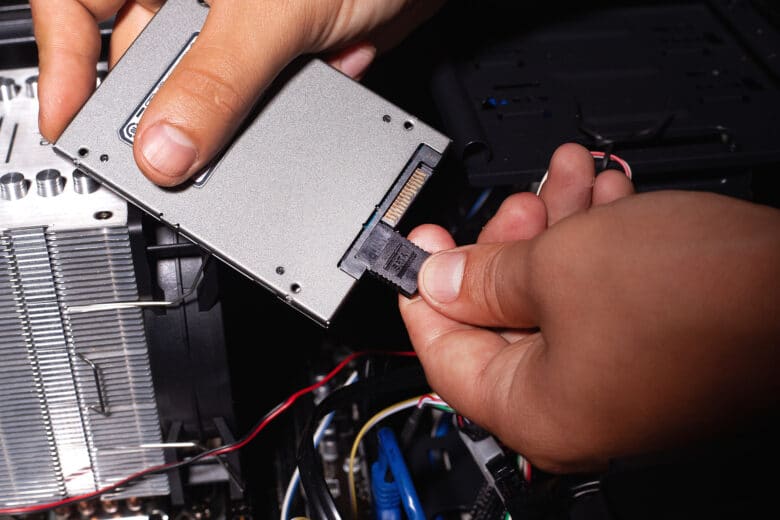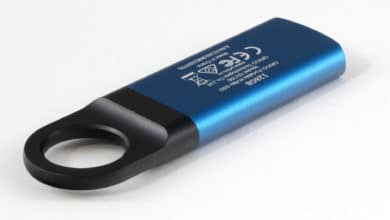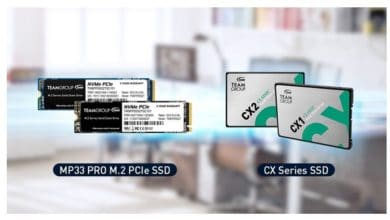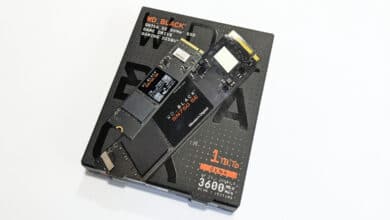
Basically, an SSD drive always makes sense because it offers many advantages and drastically increases the operating speed of PCs and laptops. This can be achieved by using SSDs as system disks, i.e. transferring the operating system and all important system programs to the SSD or installing them on it. In this way the system boots many times faster, which is very noticeable on old PCs and laptops that have previously booted via an HDD.
What do you have to consider first?
First of all one should absolutely check whether the appropriate equipment possesses the necessary interfaces (SATA-II or SATA-III should be given in any case), because with outdated interfaces a SSD brings little to nothing. Consequently, SSDs are also unsuitable for very old operating systems prior to Windows 7, because they lack important functions for an SSD (e.g. the TRIM command). Physically, the space in the case is the deciding factor for a No or Go, because especially in laptops this can become a limiting factor. In this case you should check whether you might have to fall back on a special form factor (e.g. mSATA or M.2).
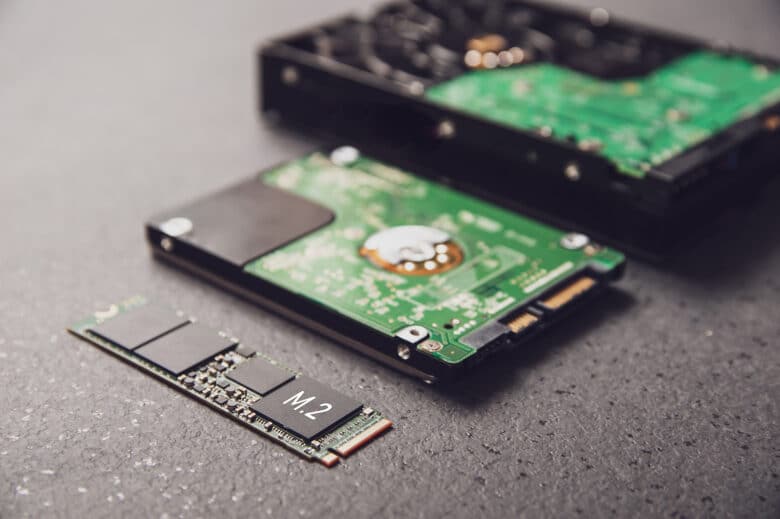
Booting 2.0 – SSDs increase the working speed
SSDs are not considered system turbo-boosters for no reason, because the flash technology used provides amazing speed gains. Instead of rotating magnetic disks and read-write heads, SSDs work with flash chips and a built-in controller that writes data to the memory cells using a special algorithm – with almost no loss of time. Once the operating system is installed on the SSD, it is booted in seconds. A simple and reasonably priced SATA SSD is already sufficient to achieve significant acceleration. With more powerful SSD models, the difference is of course even clearer.
Special advantages of SSDs for laptops
Especially for laptops and Ultrabooks SSDs are absolutely recommended, and not only because of the higher working speed. Without the moving mechanics, there are a number of other advantages from which the mobile devices benefit:
- SSDs work very quietly
- SSDs produce less heat
- SSDs are mechanically less sensitive
- SSDs consume less power, are therefore more environmentally friendly than HDDs and also conserve the device’s battery
Conclusion: Yes to SSD – as long as slot and interfaces are given
Semi-modern devices, whether PC or laptop of any kind, are nowadays already equipped with SSDs ex works, because flash memories are simply unbeatable for high performance. The best, cheapest and most sensible hard disk combination is an SSD as a system disk (for normal use 256 GB are completely sufficient) and an HDD for data storage (music, videos, games etc.). First of all, however, it must be checked how large the slot in the case is and whether the operating system with its interfaces is even SSD-compatible. Laptop users especially benefit from the data storage because SSDs are less sensitive to shocks and require less power than conventional hard disks.
